Finding My Rhythm: My Journey to Late Diagnosis
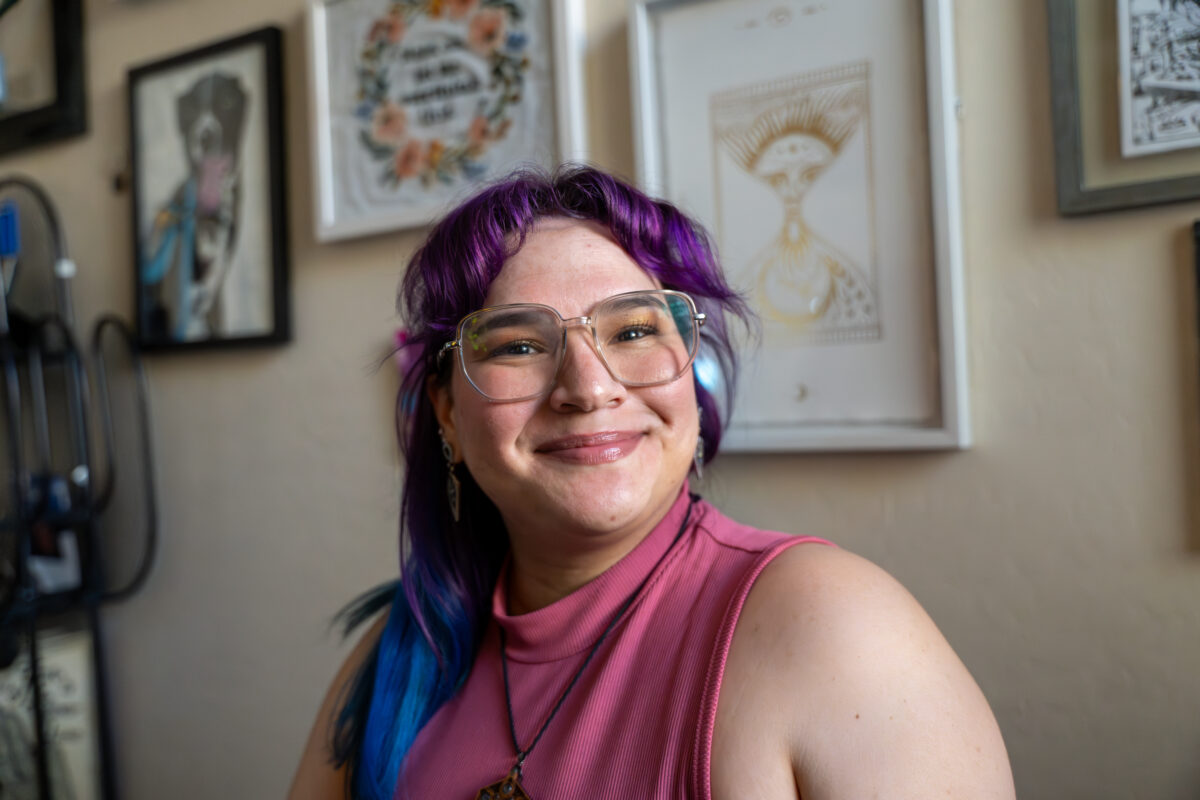
Welcome to my journey! Take a moment to explore the highlights of my timeline and discover the chapters that have shaped who I am today. Each section offers a glimpse into the experiences and insights that define my path as a late-diagnosed autistic individual.
Early Beats: My Childhood Experience
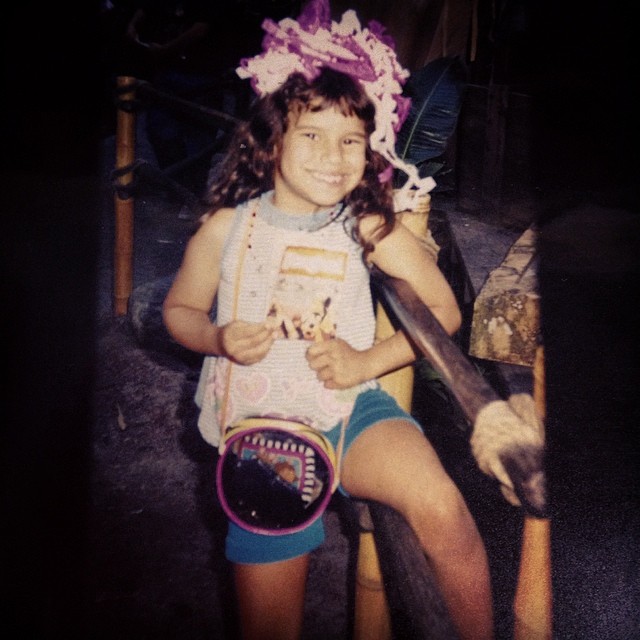
Growing up, I was often labeled the “weird” kid, though I didn’t view it negatively until middle school. I had always felt like I was on the outskirts of social interactions, more of a spectator than a participant. It wasn’t until the complicated social dynamics of middle school that I began to feel like an “other,” surrounded by peers yet always apart.
I consider myself incredibly fortunate to have found a few close friends who still feel like family today. Despite spending much of my school life masking to blend in, time with those trusted friends offered a much-needed break from the constant pressure to conform.
In high school, I threw myself into the Catholic Church, seeking stability and acceptance through faith. My identity became entwined with the pursuit of being the “perfect Catholic,” all in an effort to find a sense of belonging.
I share this chapter of my journey not to critique the Catholic Church, but to highlight the challenges of navigating black-and-white thinking within a community where thriving requires a nuanced understanding I wasn’t capable of as an undiagnosed autistic child.
Losing the Tempo: College Burnout
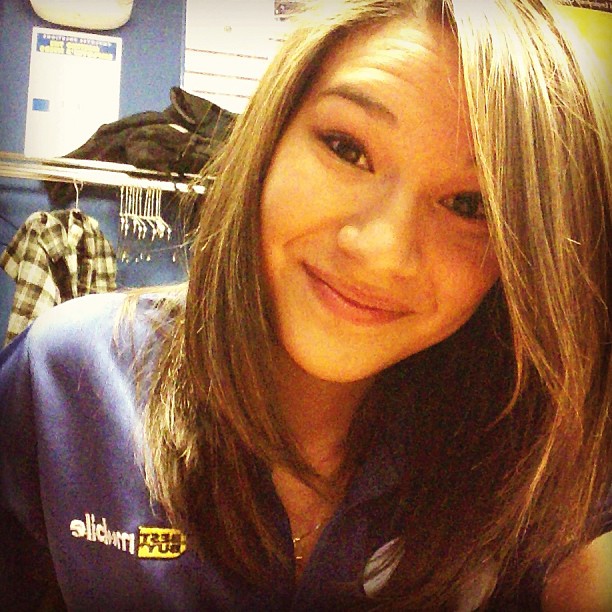
By the time I turned 20, I was on the brink of a full-blown burnout. I was juggling a full-time job, full-time university courses, and battling near-constant social anxiety while living in a college town.
Once again, I leaned heavily on the few accepting and supportive friends in my circle. Their love and encouragement seemed endless, but despite their best efforts, there was something deep inside me that I couldn’t grasp. Even the slightest hint of uncertainty could send my world into chaos. It felt like I was in a slow-motion car crash, while my friends watched helplessly from the sidelines, unable to pull me from the wreckage.
Dancing to My Own Beat: A Moment of Clarity
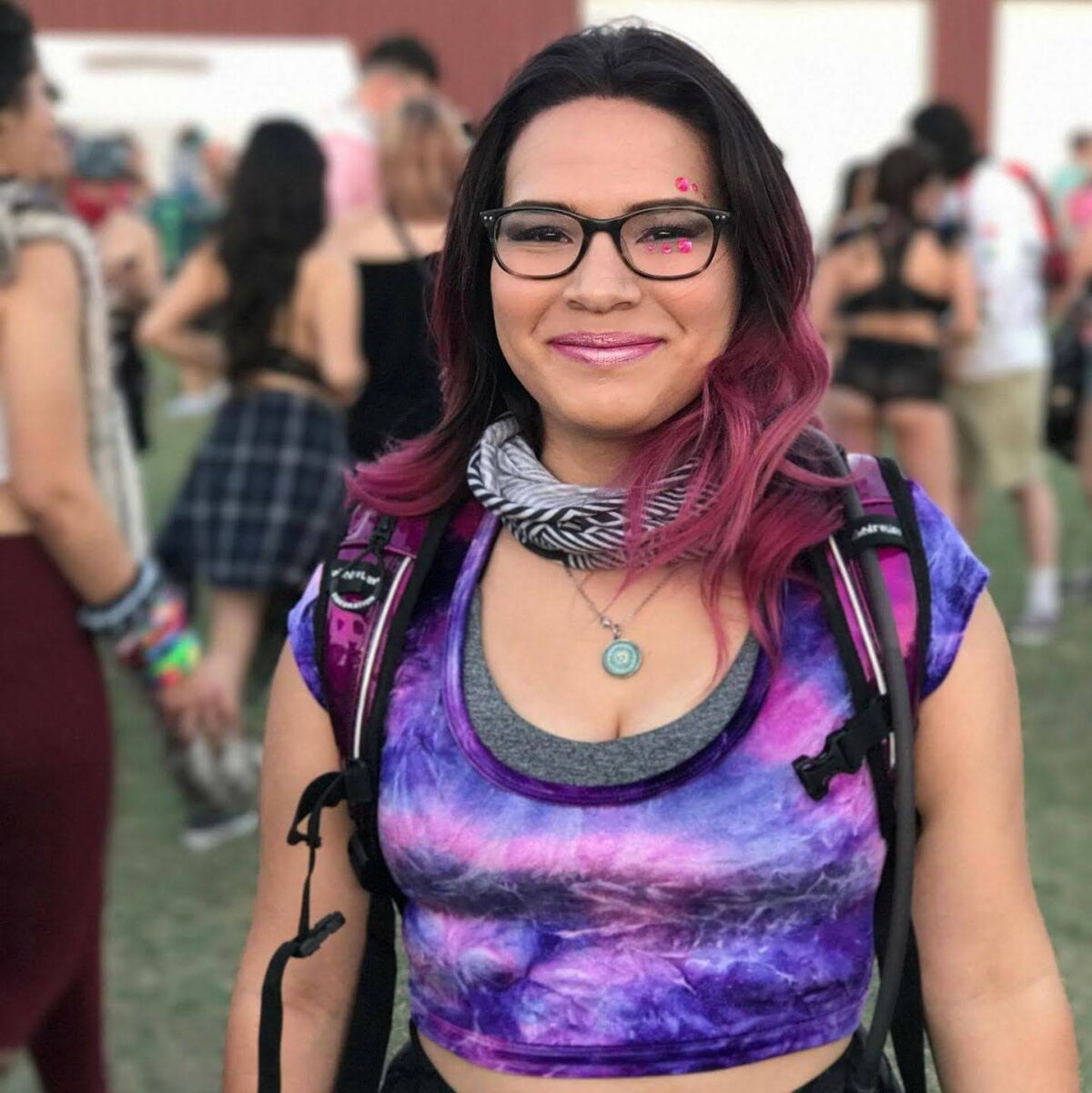
Amidst this slow-burning but intense period of burnout, I stumbled upon the EDM community and rave scene. This discovery became the most transformative part of my journey as a late-diagnosed autistic person. For the first time, I found myself in a social environment built on genuine acceptance.
On the dance floor, I finally experienced the stress-free, relaxed version of myself that I had been searching for all my life. Gone were the worries about my mannerisms or the pressure to blend in. I could fully engage with those around me without fear. It was the first time I felt pure, unfiltered joy and true acceptance.
My very first EDM event was Identity Fest 2012 in Phoenix, Arizona, and it changed everything for me.
A New Duet: Meeting Eric
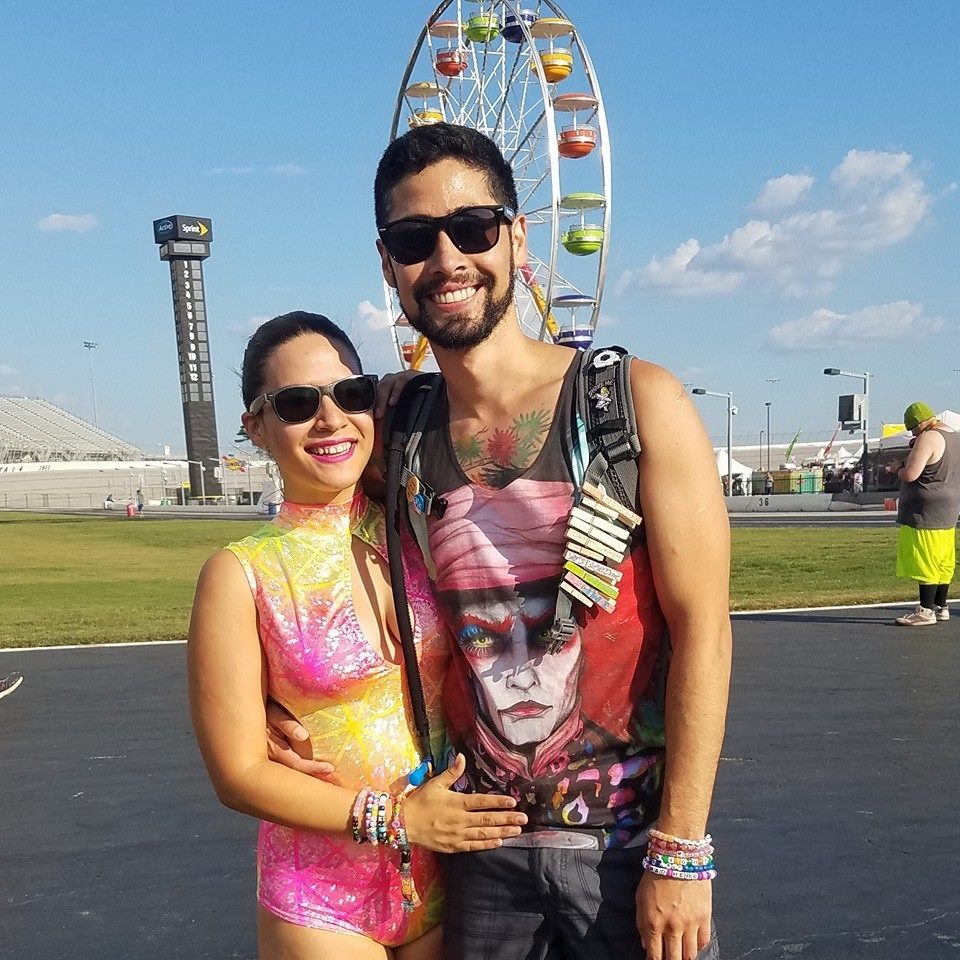
By the time I turned 22, the heartbreak and rejection I’d faced in the dating world had taken a heavy toll. My self-confidence and sense of self-worth were at an all-time low.
At a Valentine’s Day rave in 2016, a mutual friend introduced me to Eric. My initial reaction was to reject him, simply because he was a single dad with a five-year-old. I wasn’t ready for that level of responsibility.
Thankfully, fate intervened a week later when our same friend ambushed us on a double date.
From the moment we reconnected, there was an undeniable recognition between us. Our conversation that night had a depth I had never experienced with any previous partner. Eric’s unfiltered acceptance of who I truly am took my breath away.
A Shift in the Rhythm: The Start of My Chronic Illness Journey

Around the age of 24, troubling health symptoms started creeping in, slowing me down. In the span of one year, I found myself in urgent care three times. This marked the beginning of a long and frustrating journey to uncover the reasons behind my sudden health decline.
I gradually became an unintentional recluse, missing out on festivals and shows I loved, simply because I was too sick to attend.
After years of battling insurance companies and navigating the medical system, I finally received answers. I was diagnosed with several chronic illnesses that explained the full range of my symptoms:
- Hypermobile Ehlers-Danlos Syndrome (hEDS)
- Mast Cell Activation Syndrome (MCAS)
- Postural Orthostatic Tachycardia Syndrome (POTS)
With these diagnoses in hand, I began the ongoing journey of managing my conditions and adapting my life, determined to live the way I wanted.
Pacing the Melody: My Extended College Chapter
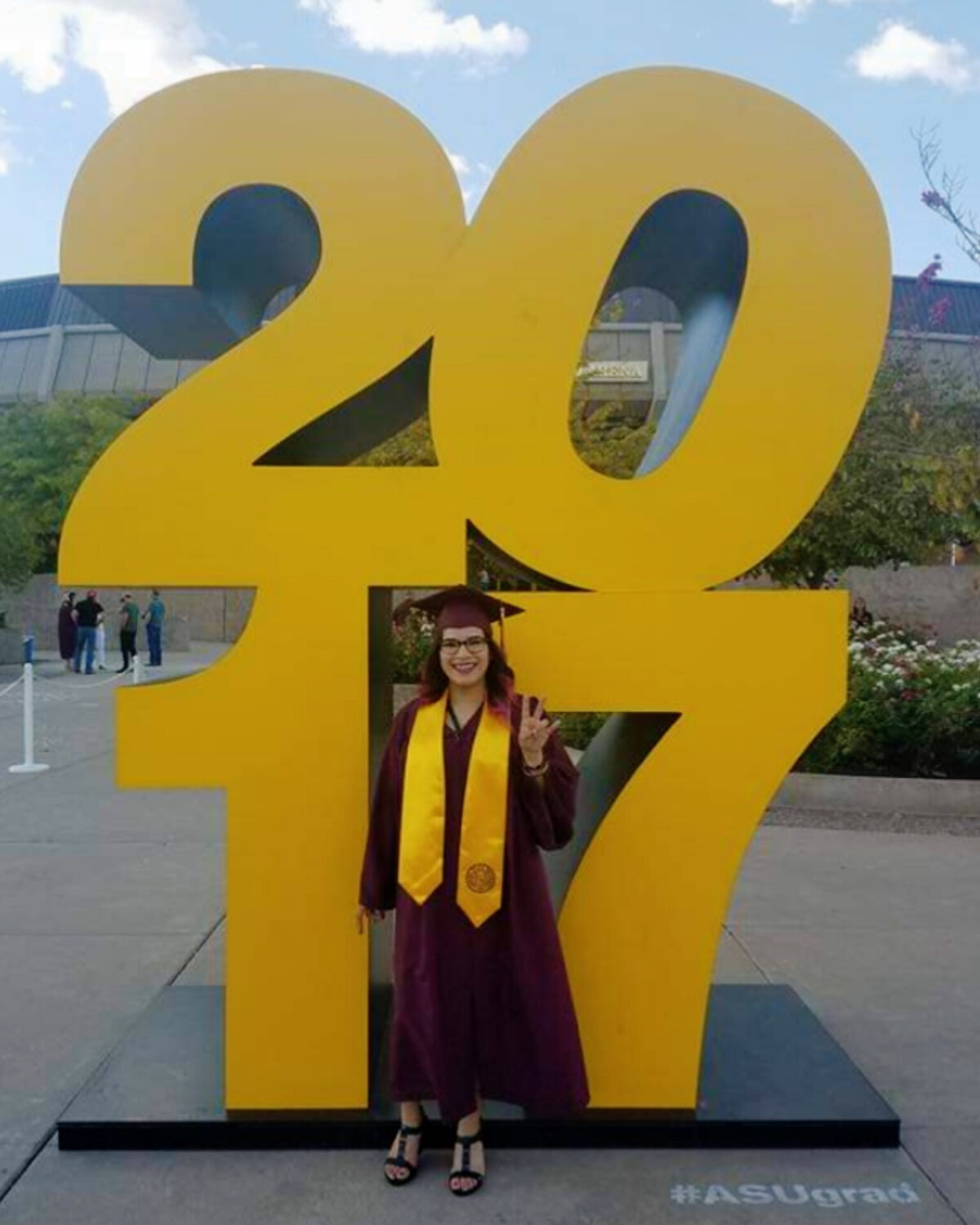
As I was beginning my journey with chronic illness, I found myself in the final stretch of my undergraduate experience. This marked the end of a long, challenging chapter. It had taken me six years and two universities to earn my degree in Conservation Biology and Ecology. For a long time, I saw this as a failure—struggling with the fact that it took six years to complete a four-year program.
Now, I look back with admiration for the commitment and determination I showed, despite the internal storm I was battling. What once felt like a setback is now a testament to my resilience.
A Harmony in Progress: Our Engagement
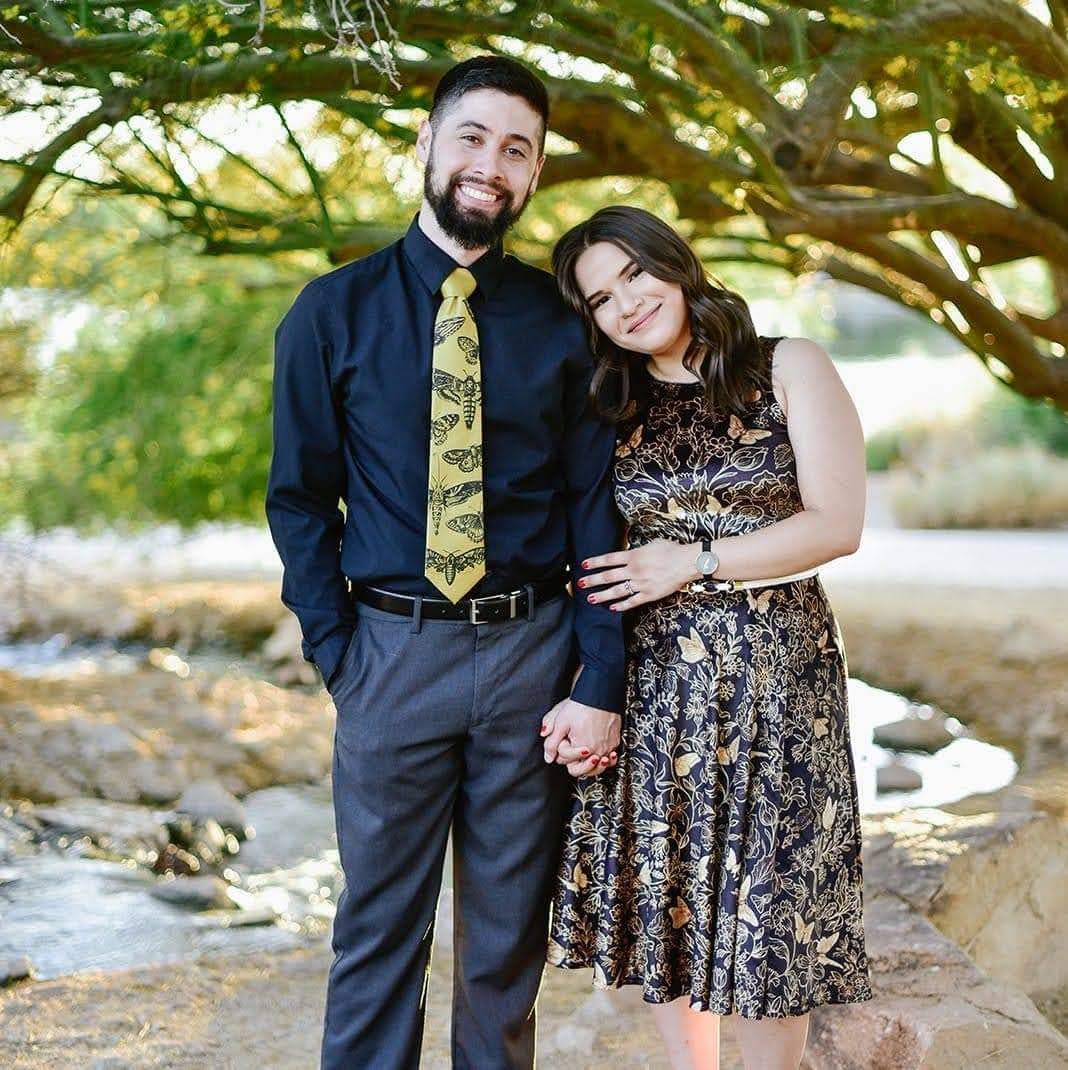
Despite the academic challenges and health struggles I faced, my relationship with Eric continued to blossom, becoming the foundation of a loving and supportive life together. Through all the ups and downs, he remained my rock—someone who saw me for who I truly was and accepted every part of me without hesitation.
In March of 2019, Eric took me to one of our favorite places: the Desert Botanical Gardens, a serene and beautiful spot that had become our go-to for special dates. Surrounded by the vibrant desert blooms and the peaceful stillness of nature, he asked me to be his wife. It was a perfect, intimate moment, filled with love and hope for the future.
That day was a reminder of how much we had grown together—weathering life’s storms while building something unshakable. Saying yes to Eric was an easy decision, one that marked the beginning of the next chapter in our lives.
Struggling to Stay in Tune: Grad School Burnout
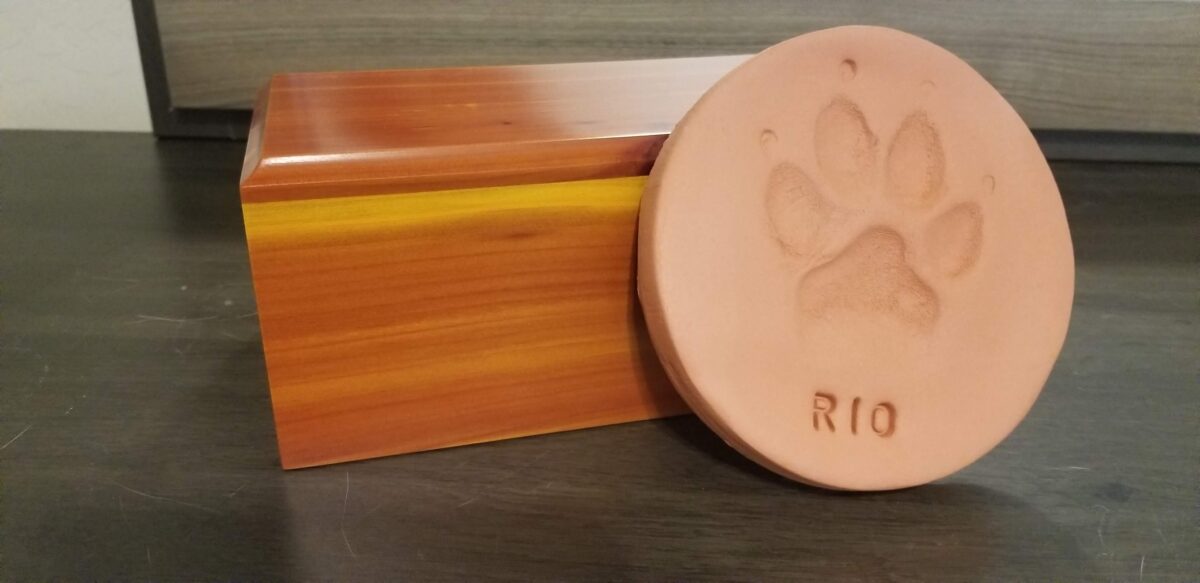
At the end of April 2019, my entire world unraveled in the span of just one week. I was in my second semester of graduate school, working full-time hours as a volunteer through the AmeriCorps VISTA program. Unfortunately, the organization I was placed with turned out to be a toxic environment that slowly eroded my professional confidence.
Then, without warning, my beloved pit bull, Rio, passed away within 48 hours of showing symptoms of myasthenia gravis. The sudden and devastating loss shattered me, throwing me into a deep phase of grief and burnout.
We lost Rio on a Friday afternoon, and by Monday morning, I returned to work—completely numb and dissociated. On my way in, I totaled my car. Despite this, my employer still expected me to show up. Just days later, I was fired from my volunteer position after being deemed “underperforming” during two brutal 12-hour days running onsite events.
In the span of a single week, I lost my dog, my car, and my job. For the next three months, I existed in a constant state of burnout and grief, struggling to find my footing.
Graduating in Silence: Graduating from My Couch
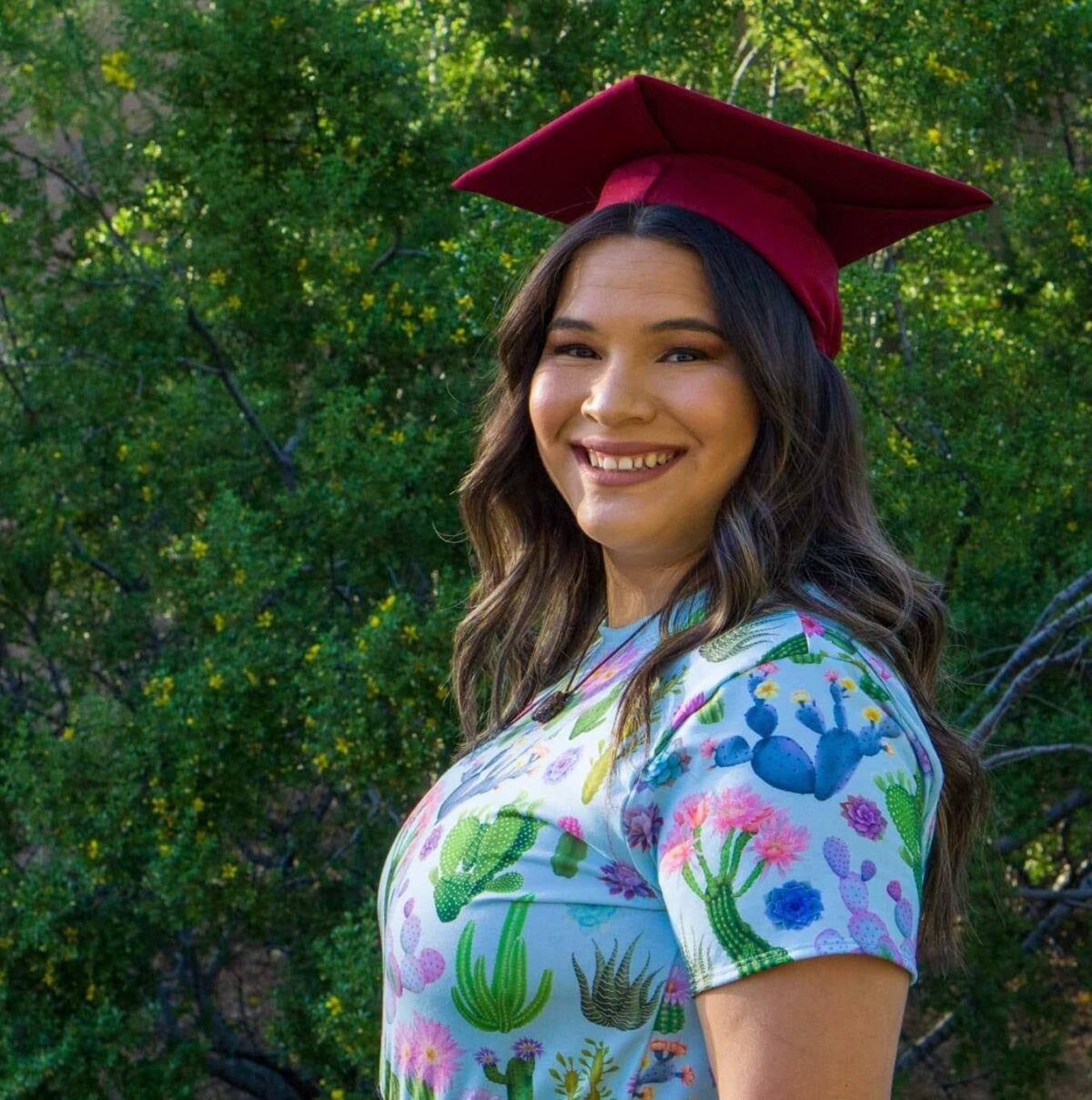
As I approached the end of my graduate program, I found myself obsessively clinging to my 4.0 GPA. It had become a form of academic validation after my difficult undergraduate journey, a way to prove to myself that I could succeed, despite everything. Graduation day was circled on my calendar from the moment it was announced—May 2020 would be my chance to finally celebrate a hard-earned accomplishment with all my loved ones by my side.
But then, the world changed. The pandemic hit, and like many others, my dreams of a traditional graduation were quickly dashed. Instead of walking across a stage, I graduated virtually, sitting on my couch with only my fiancé, Eric, by my side. It was a bittersweet moment. On one hand, I had achieved something monumental, overcoming academic struggles and health challenges to earn my degree. On the other hand, the celebration I had envisioned—the one with family, friends, and all the fanfare—never happened.
Syncing to a New Rhythm: Entering Corporate Life
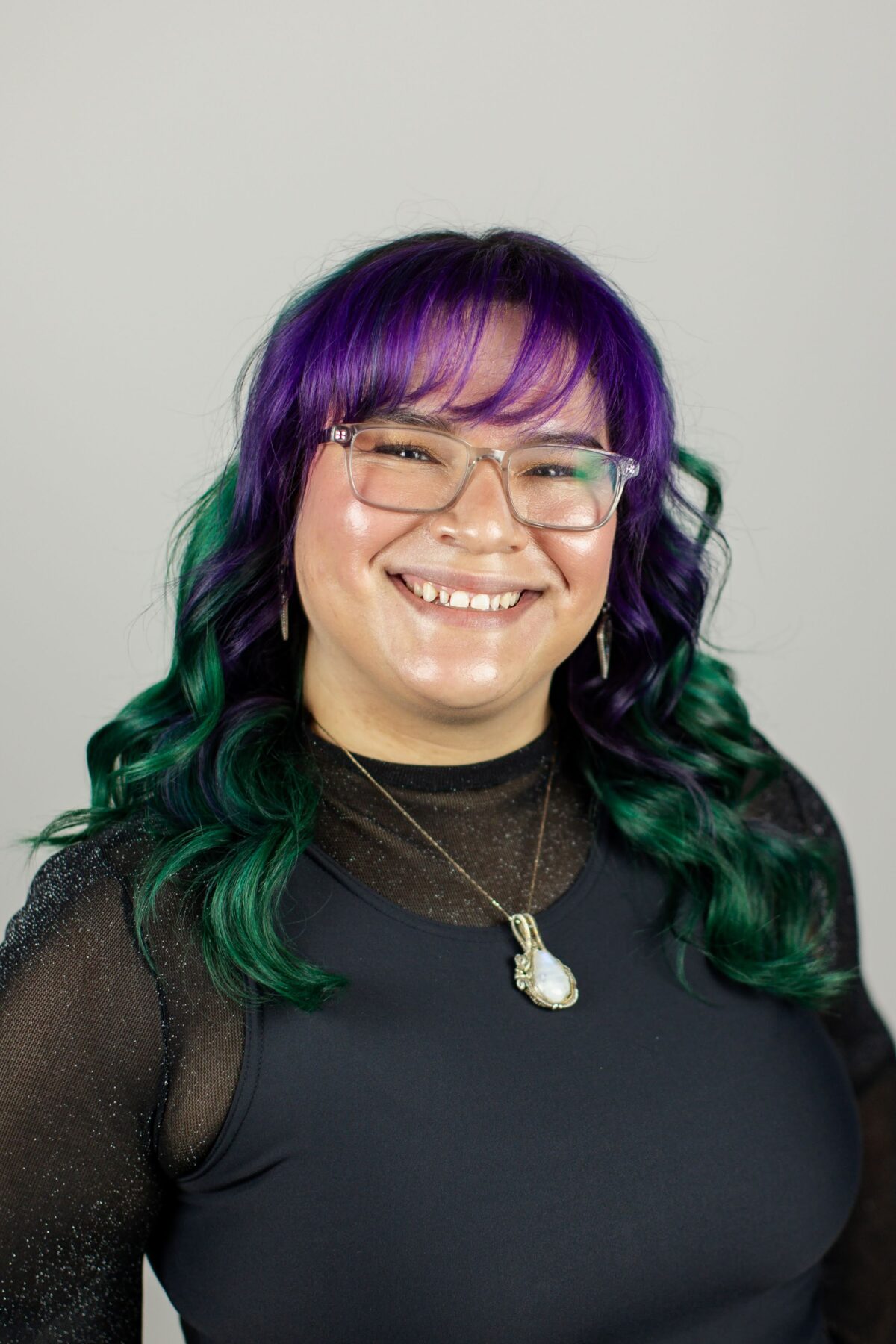
After more than a year and a half of unemployment, I stumbled into what would become the most impactful job opportunity of my life. In the fall of 2020, I joined a small startup software company that welcomed me with open arms. That company was Virtuous Software, and from the start, it felt different—like I had finally found a place where I truly belonged.
As I was easing into the corporate world, I also began to seriously question whether I was on the autism spectrum. The genuine support and acceptance I’ve received at Virtuous as a neurodivergent professional has been priceless. They not only embraced who I am, but empowered me to bring my authentic self to work every day.
I never imagined I’d find a “corporate” job that would offer me real fulfillment, but here, I’ve found just that. In my time with Virtuous so far, I’ve gained a level of confidence I never thought possible. For the first time, I’m thriving as an unmasked, highly skilled autistic professional, and that feeling is truly unshakable.
Finding My True Sound: Autism Diagnosis
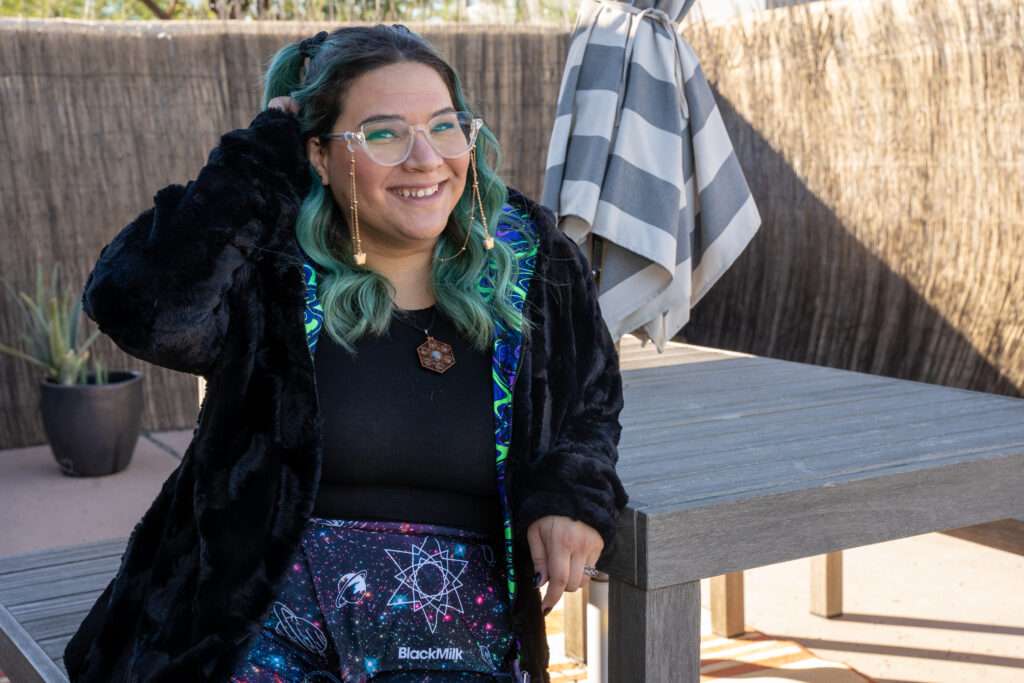
Like many late-diagnosed autistics, my path to diagnosis was neither simple nor straightforward. After encountering numerous dead ends, I was on the verge of giving up on the quest for an official diagnosis. The last agency I reached out to had a host of limitations that left them unable to assist me. Frustrated, I spoke with a representative who recommended I contact the Southwest Autism Research and Resource Center (SARRC), a local organization in Arizona.
Upon connecting with SARRC, I discovered a team dedicated to advancing research and developing better resources for autistic adults. Their commitment to understanding and supporting the autistic community was inspiring. By participating in their research, I was able to access the diagnostic process I desperately needed. It was through this journey that my suspicions were finally confirmed: I am on the autism spectrum.
A Perfect Duet: Our Marriage
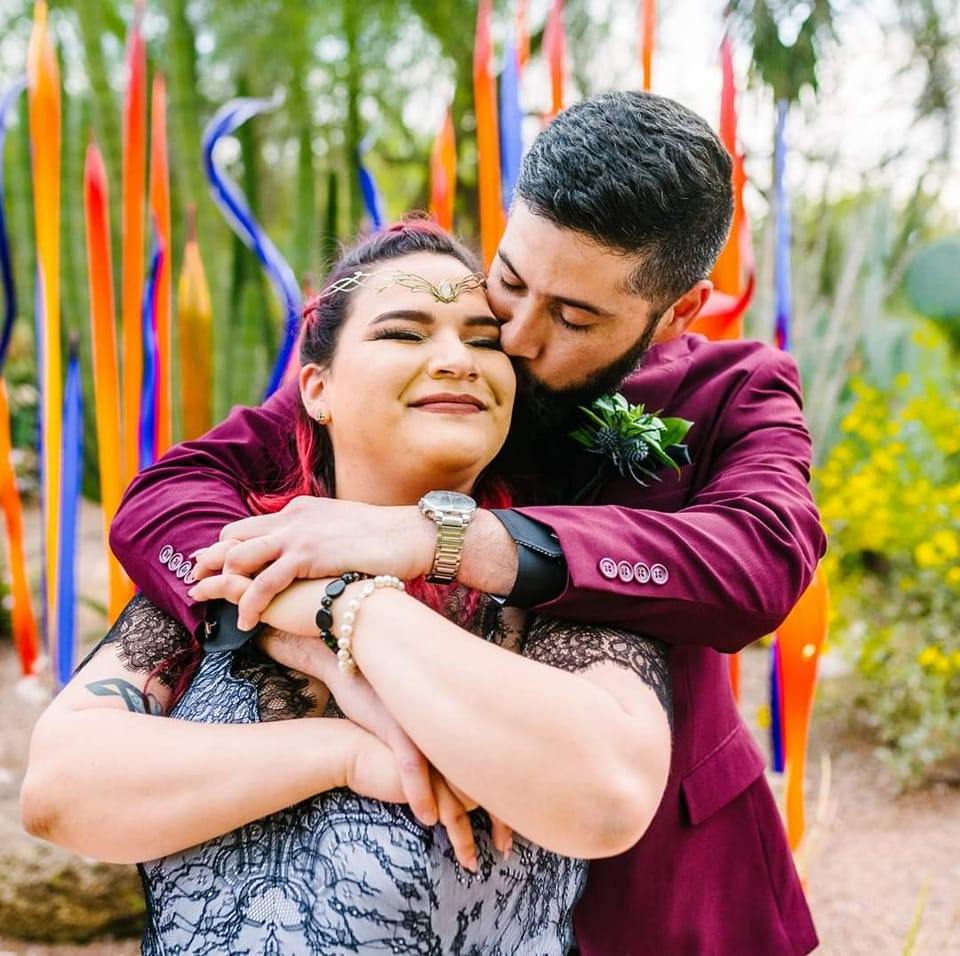
In March of 2022, Eric and I said “I do” at the same breathtaking spot where he proposed: the Desert Botanical Garden. Together, we crafted a truly unique and beautiful day that reflected our individual personalities and our journey as a couple.
On that special day, I not only gained a loving husband and lifelong partner, but I also embraced the greatest gift I could have ever asked for—Kai (not pictured), who has been the most incredible addition to my life. Though the three of us had already formed a family long before our wedding, this celebration was a joyful culmination of our love and commitment. Surrounded by nature and each other, we created memories that perfectly encapsulated the bond we share as a family.
Amplifying My Voice: The Birth of Audiotism
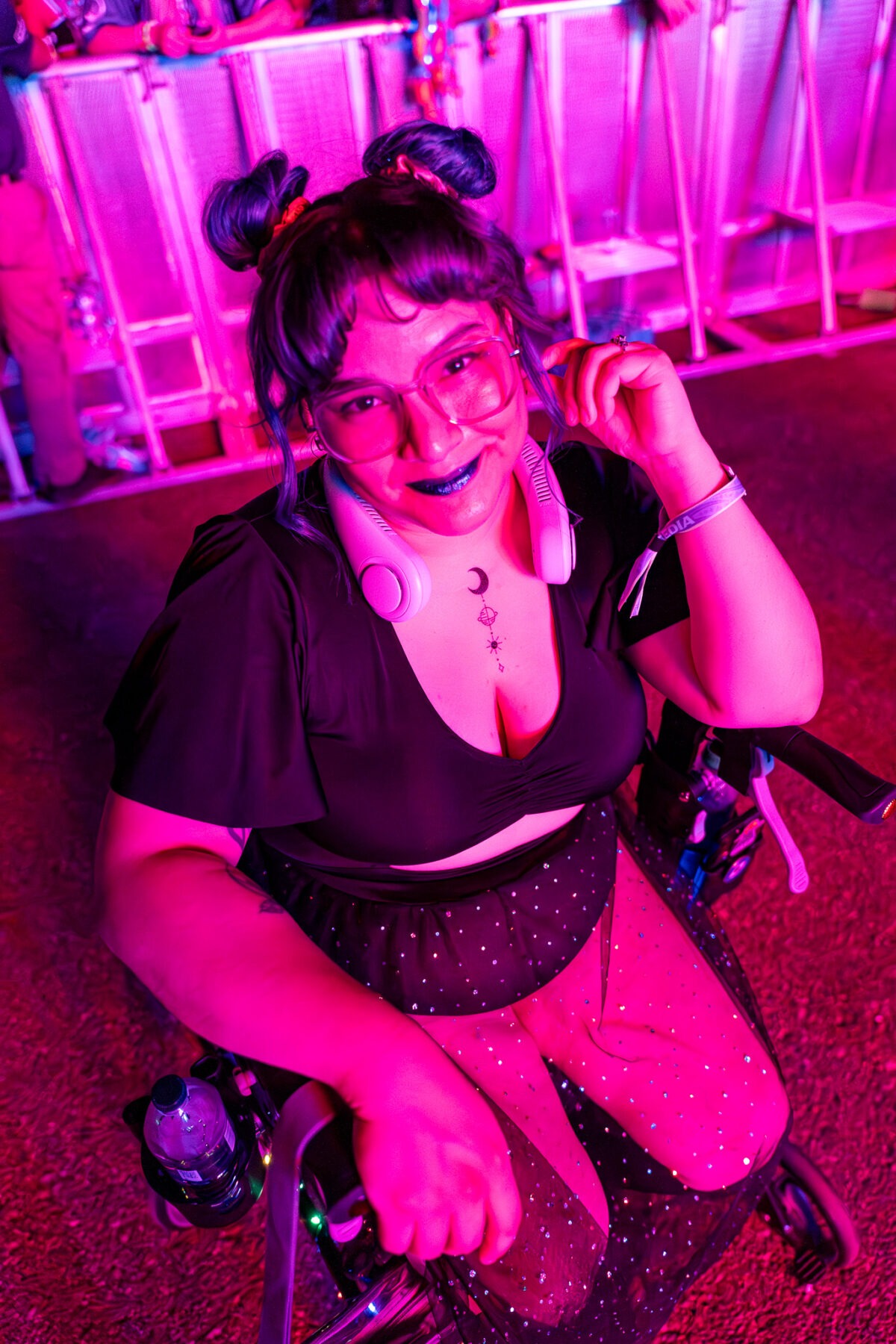
In the fall of 2022, I took a bold step and created my Instagram page, Audiotism_Tanya. This platform became my outlet for sharing my personal story and experiences as a late-diagnosed autistic individual. I wanted to connect with others who might be navigating similar paths and create a supportive community where we could share our challenges, triumphs, and insights.
Launching Audiotism_Tanya was not just about telling my story; it was about fostering a sense of belonging for those who often feel isolated in their journeys. I hoped to empower others by highlighting the unique perspectives and strengths that come with being late diagnosed. Through shared experiences and open conversations, I aimed to create a space where authenticity and understanding could thrive, helping others feel seen and valued.
Joining the Chorus: Participating in SARRC Research
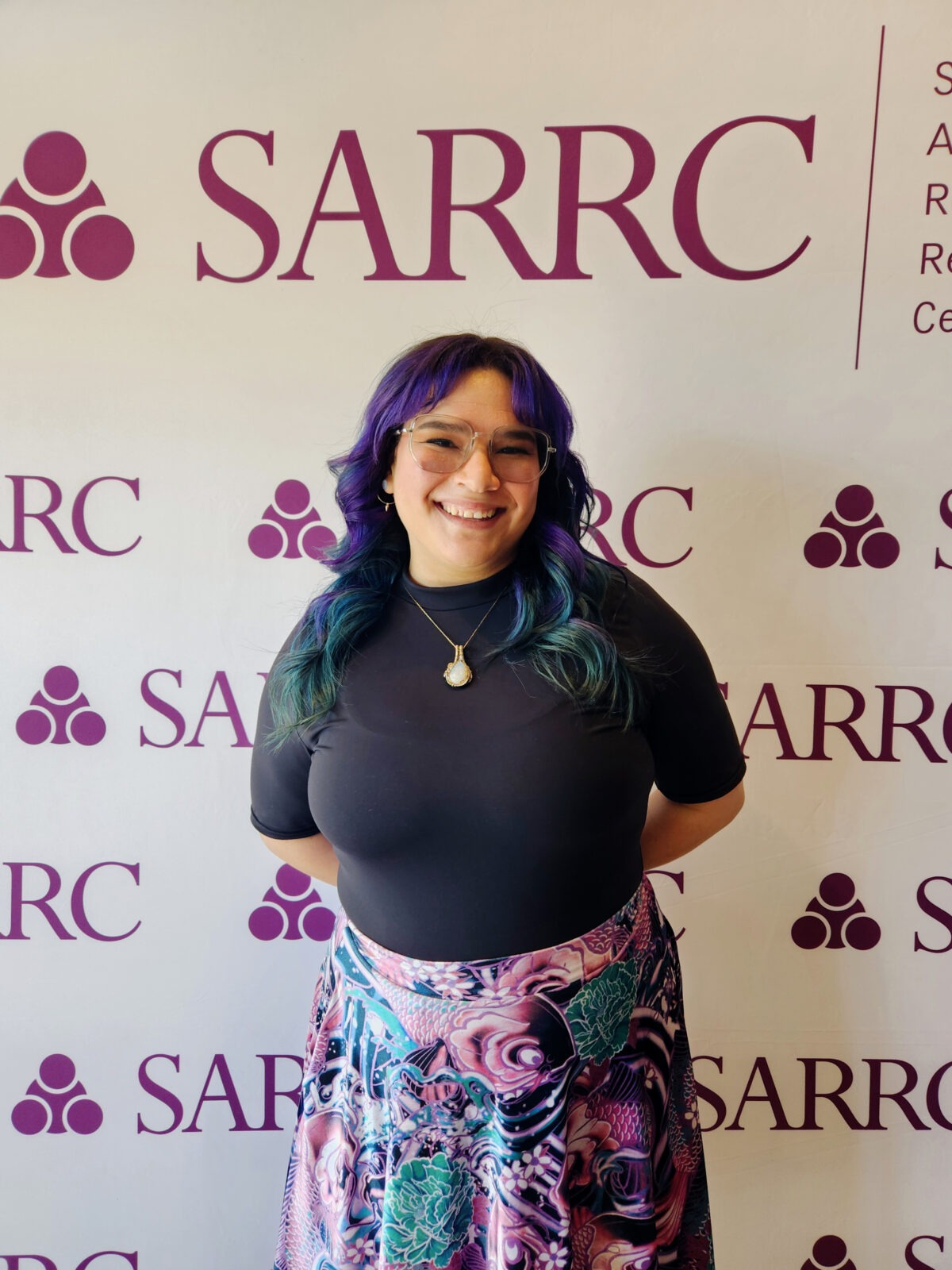
Roughly six months after my diagnosis, my husband participated in the same research program, confirming that he is also on the autism spectrum. This shared experience deepened our understanding of ourselves and each other, reinforcing the bond we share as late-diagnosed autistics navigating life together.
Together, we engaged in a 14-week research program aimed at supporting the development of the “Strengthening Skills” initiative. This opportunity was transformative for both of us, allowing us to explore our identities while contributing to something meaningful. It was inspiring to collaborate as a couple, each bringing our unique perspectives to the table as we built our lives together.
Upon completing the research phase, I was honored to be invited to join the Community Advisory Board. This group of participants was tasked with providing our feedback regarding the data and findings, ensuring that the final program would be inclusive and affirming for all. Being part of this process felt empowering; it allowed us to have a say in shaping resources that would benefit the autistic community.
Most recently, I joined the SARRC NextGen team, focusing on fostering positive change in Arizona. It’s been an indescribable joy to actively contribute to improving the resources available for the autistic community, reinforcing my commitment to advocacy and support for others like us.